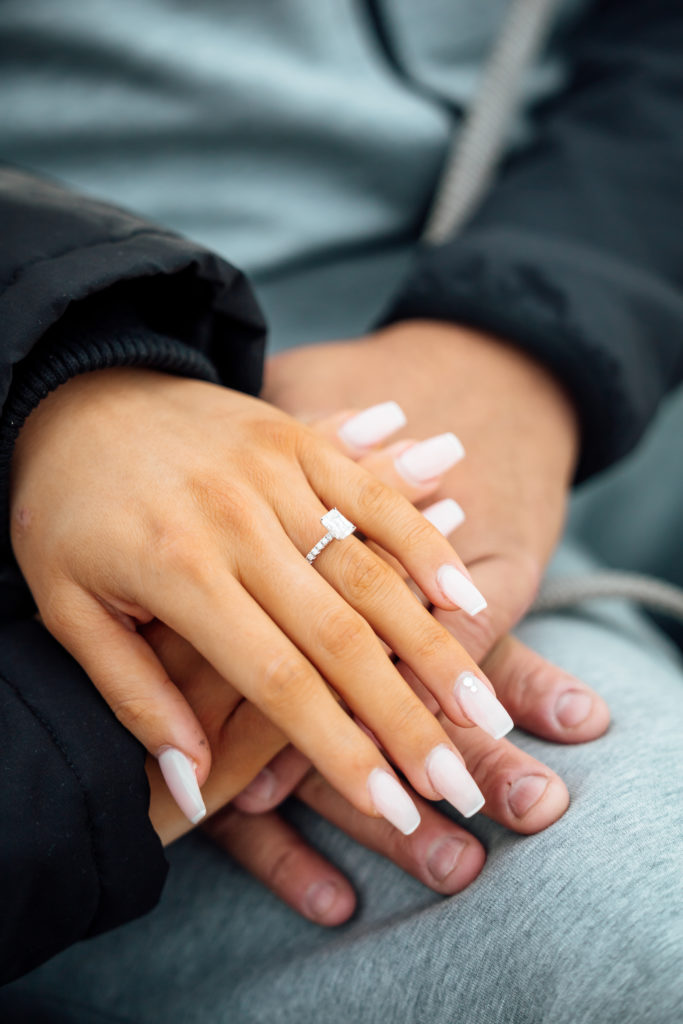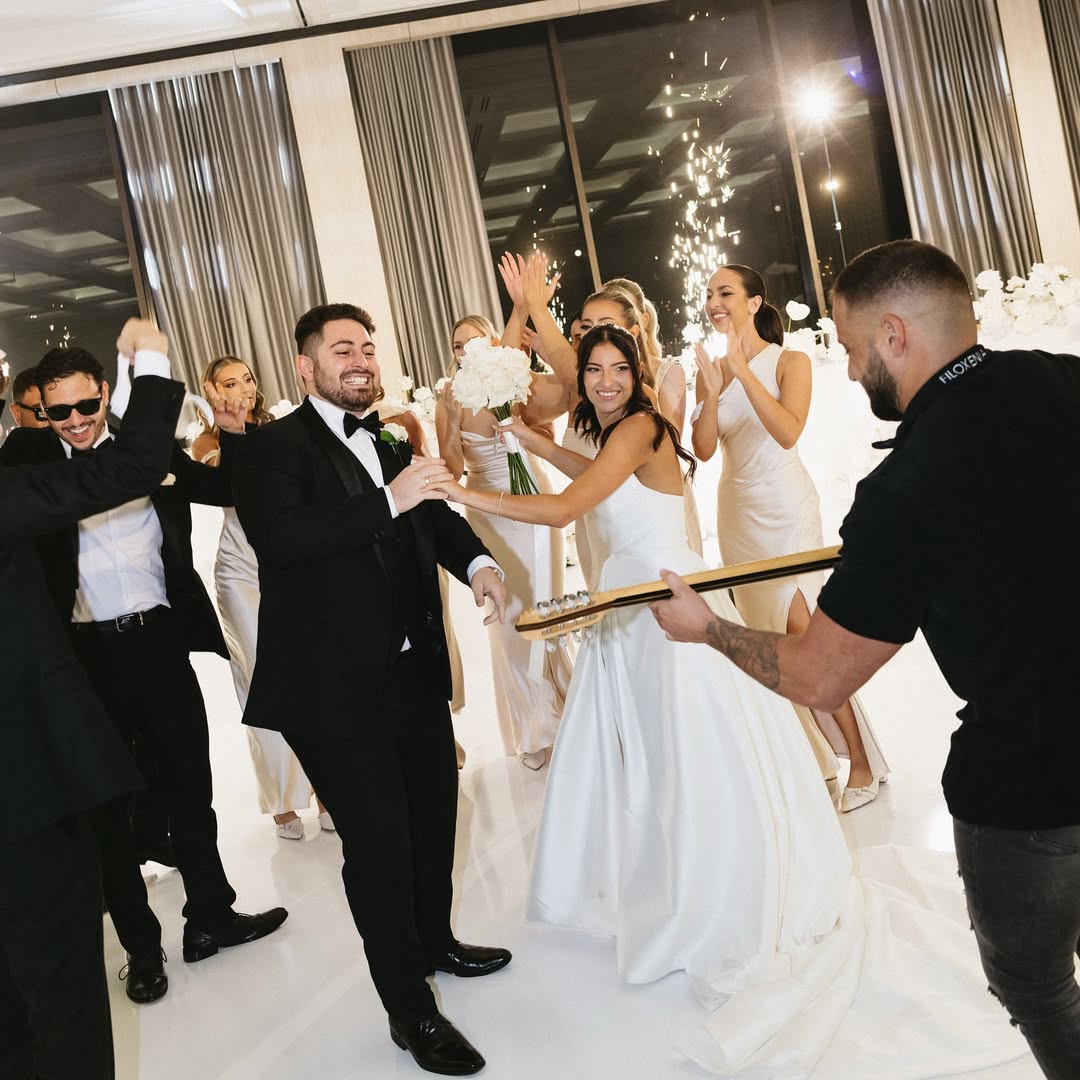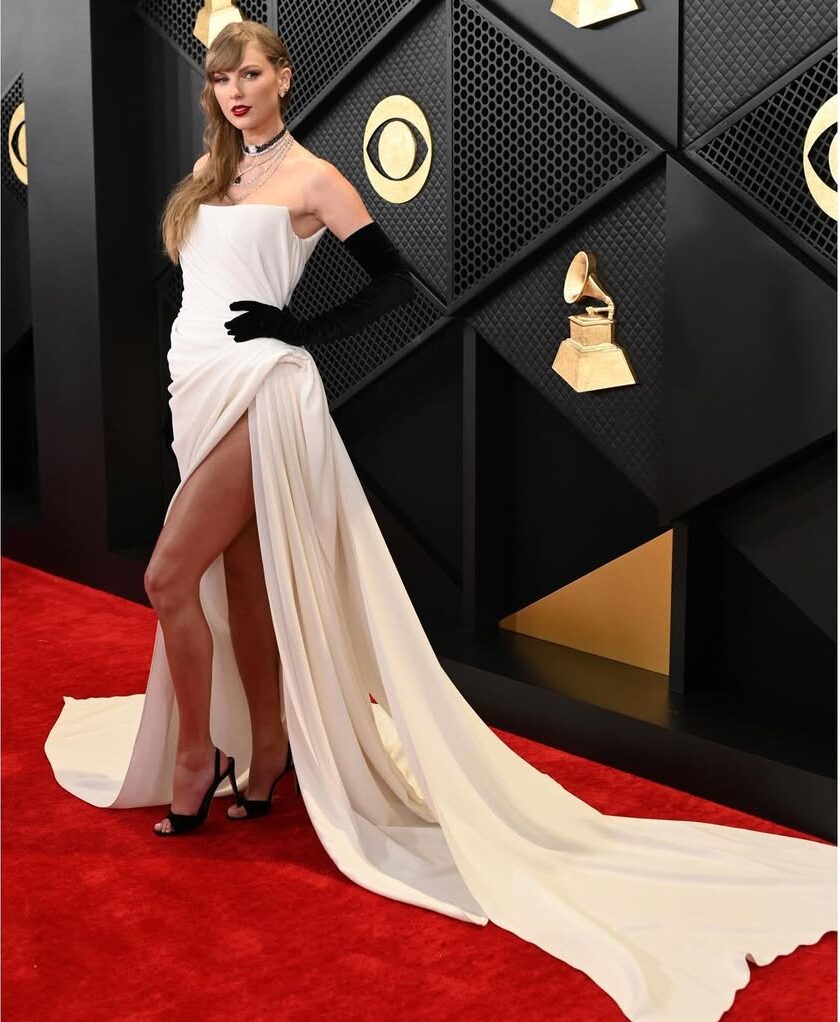As we all know, the institution of marriage is present in practically all cultures and with that comes a ring or two!
However, cultures have varying teaditions surrounding the engagement ring and wedding band. They appear in a wide variety of forms, dimensions, and materials but one thing every culture has in common is that they are recognised as a global token of love and unity.
But first, let’s take a closer look at the origins of this significant item of jewellery before we examine the numerous wedding ring customs and traditions.
The Origins of the Wedding Band
Many people claim that the contemporary wedding ring originated in Egypt. The custom, however, truly dates back to Neanderthal times. Whether you want to believe it or not, these supposedly primitive species were perhaps more cultured than you realise. To show their affection and commitment, Neanderthals are thought to have tied items like twigs and grassaround the bride’s wrists or ankles in the past. Other civilizations didn’t start developing their own wedding ring customs until much later.
The oldest rings were composed of plain iron, but by mediaeval times, gold rings adorned with stones were popular. The most well-liked stones were symbolic—a blue sapphire mirrored the skies, a red ruby represented the hue of the heart—but the unbreakable diamond was the most wanted and potent stone.

The Origins of the Engagement Ring
You may thank Archduke Maximilian of Austria for starting the diamond ring craze when he gave Mary of Burgundy a diamond ring in 1477. The Egyptians, who thought the vena amoris (vein of love) travelled straight from the heart to the top of the fourth finger on the left hand, are credited with the idea.

Where should the Rings be worn?
On the ring finger of your left hand, you usually wear both your wedding and engagement rings. The wedding band is traditionally worn inside the engagement ring so that it is closest to your heart. This is how you should stack them. However, some women choose to wear their wedding band on the opposite hand from their engagement ring, particularly if the two bands are highly different and difficult to stack.
When it comes to picking, creating, or wearing engagement rings and wedding bands, there is no right or wrong solution. Make sure that what you select to wear as a symbol of your love and marriage will have lasting significance for you for many years to come.

Should men wear an Engagement Ring?
Considering men only began wearing wedding bands not even a century ago, engagement rings may be farfetched. Only women have historically worn them as a way to express their love and dedication to their spouses until the turn of the 20th century. During the Second World War, when men were separated from their spouses, many started to wear wedding bands as a way to keep their loved ones close to them.
Giving a woman an engagement ring in the past represented paying a dowry for her hand in marriage. It represented the physical act of taking or speaking for a lady as a sign of possession. This is why men rarely wore engagement rings in teh past.
The traditional definition of an engagement ring no longer includes this. Today, the ring represents a person’s free decision to marry their significant other as well as love and commitment.
Men wearing engagement rings is a long-established custom in certain other nations, most notably Chile and Sweden. By sporting their own engagement rings, celebrities like Ed Sheeran and Michael Bublé have furthered awareness of the practise.

Related articles: Choosing The Perfect Oval Shaped Engagement Ring, The Best EngagementRing For Your Hand Shape




